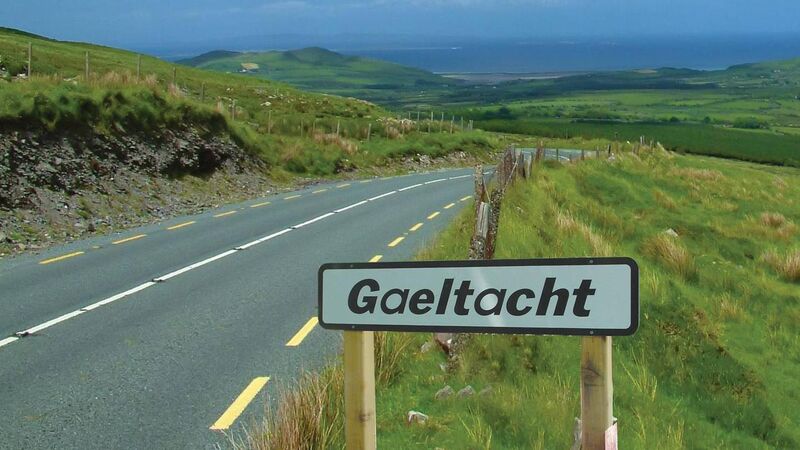Irish Examiner View: Gaeltachtaí are struggling to develop

The Gaeltachtaí are almost by definition remote zones with limited employment opportunities.
In the blizzard of statistics and percentages flowing from yesterday’s budget, readers could be forgiven for missing out on a story in these pages which identified a particularly modern Irish phenomenon, in all senses of the world.
A recent meeting held in Coláiste na Rinne in the Waterford Gaeltacht heard the representatives of Comhlacht Forbartha na nDéise give a succinct appraisal of the situation: “The housing issue is now the greatest danger to the preservation and strengthening of Na Déise as an Irish-speaking Gaeltacht area, as young Irish-speaking families are finding it impossible to remain in the area.”
















